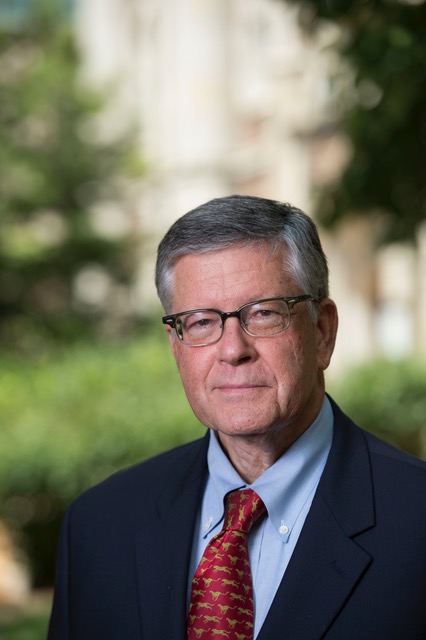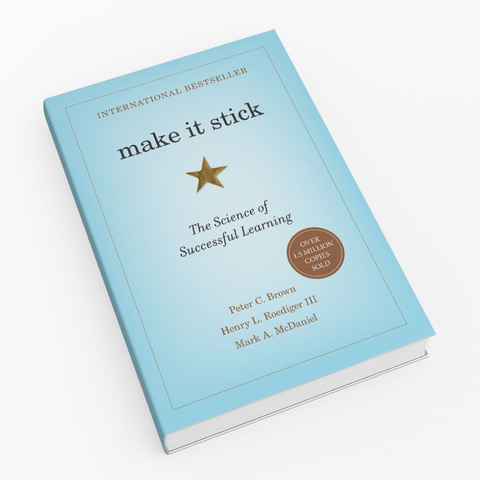Roddy Roediger
 My research is broadly concerned with human memory. Among recent topics of investigation are the following:
My research is broadly concerned with human memory. Among recent topics of investigation are the following:
Collective memory: Collective memory refers to memories of the groups to which we belong (country, city, school, sports team, and so on) that affect our sense of identity. How do memories of our past as members of groups influence us in the present and extend to our shared future? We have studied egocentrism or narcissism of groups, a condition that often leads to conflicts, and greatly influences how we view our group’s collective past and envision its future.
Applying cognitive psychology to educational practice. My lab has focused considerable research on strategies to improve learning and applying these strategies to educational contexts. We have focused on the benefits of retrieval practice (or testing) to enhance learning and retention. Much of our research and that of our colleagues was encapsulated in Make It Stick: The Science of Successful Learning, with Peter Brown and Mark McDaniel.
The genesis of false memories. In 1995, Kathleen McDermott and I published two experiments using what has come to be known as the DRM (Deese-Roediger-McDermott) paradigm for arousing false memories. Further research in my lab developed paradigms to study imagination inflation, the social contagion of memory, as well as to other investigations into factors that lead to false memories.
Accuracy and confidence in memory. We have designed several studies to examine the relation between confidence and accuracy in memory. In eyewitness identification paradigms, high confidence on a first test of memory usually reveals high accuracy. In another paradigm with categorized word lists, we showed that we could obtain both a strong positive relation between confidence and accuracy as well as a strong negative relation between confidence and accuracy, using the same materials in both cases (DeSoto & Roediger, 2014). The relation between confidence and accuracy in retention is complex.
Superior memorizers. Another interest is in people who have developed superior memories and who often compete in memory tournaments. I am currently working on a paper with colleagues about our research with these “memory athletes.”
Other research interests include priming on implicit memory tests; hypermnesia (increased recall from repeated testing); effectiveness of retrieval cues; interfering effects of certain types of retrieval cues (part-list cues) on recall and, more generally, how recall of some events can interfere with later recall of other events; and metaphors for memory in both common language and psychological models and theories.
 Email: roediger@wustl.edu
Email: roediger@wustl.edu
Biography: Download CV: Download
Learn more about Make It Stick